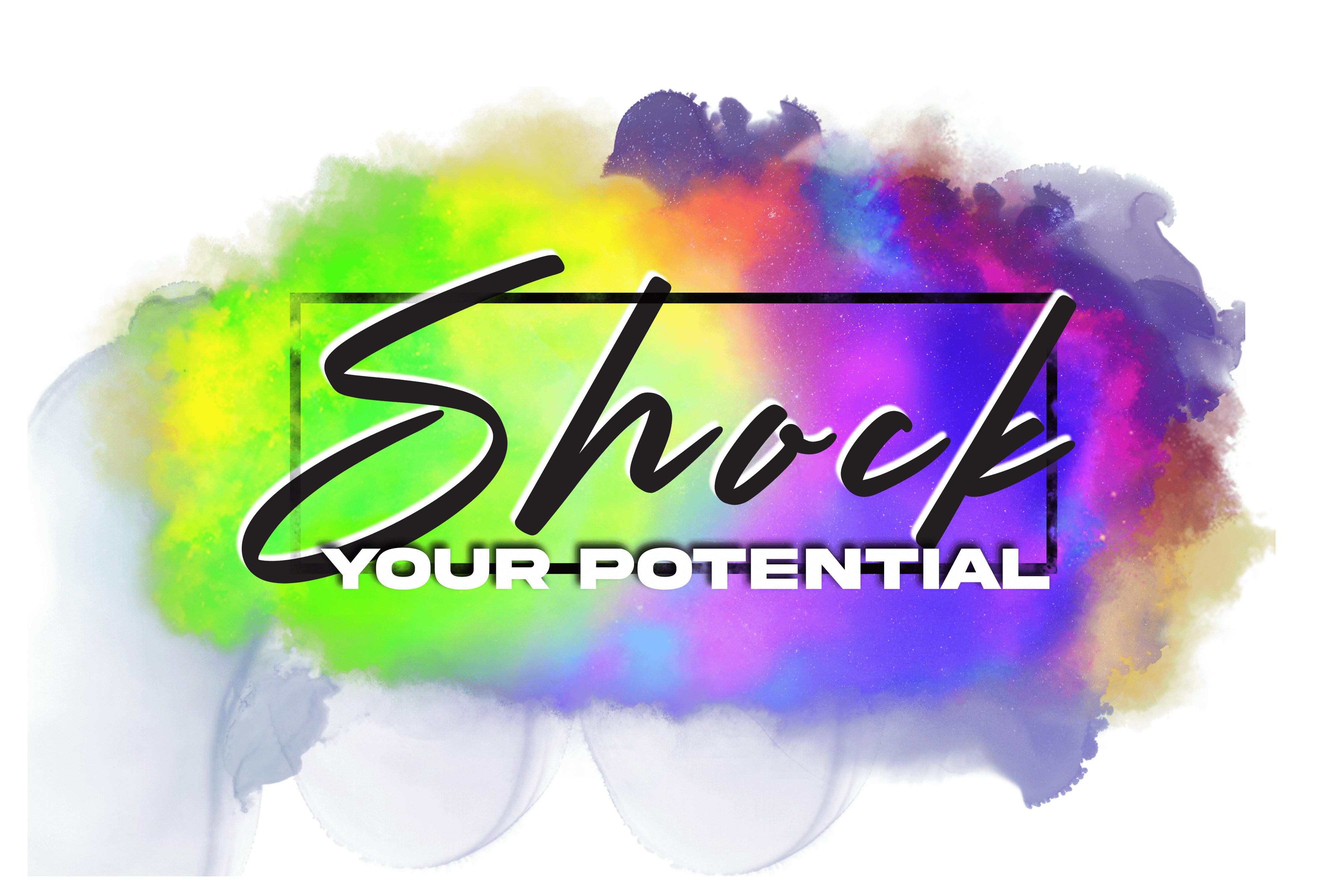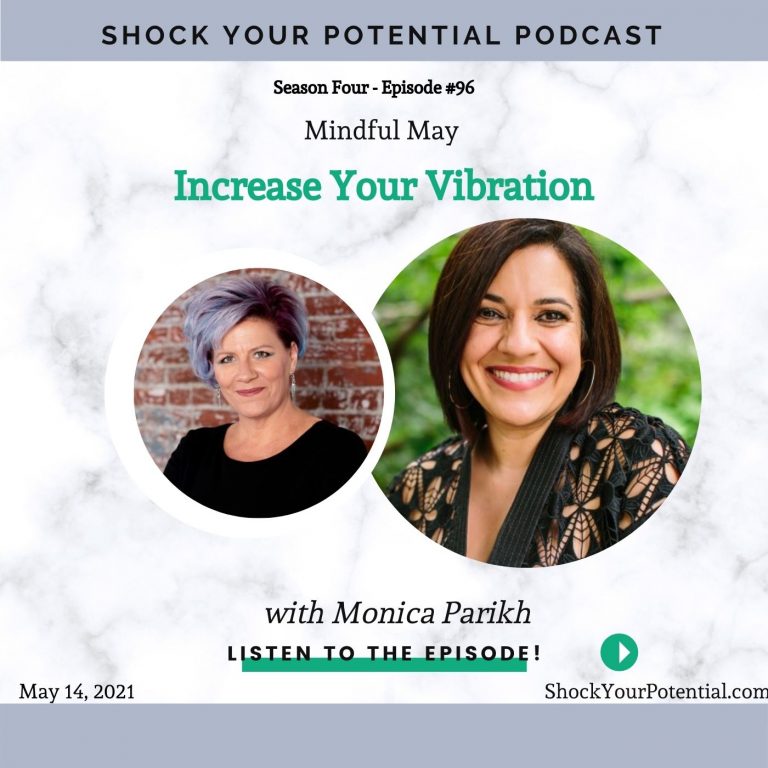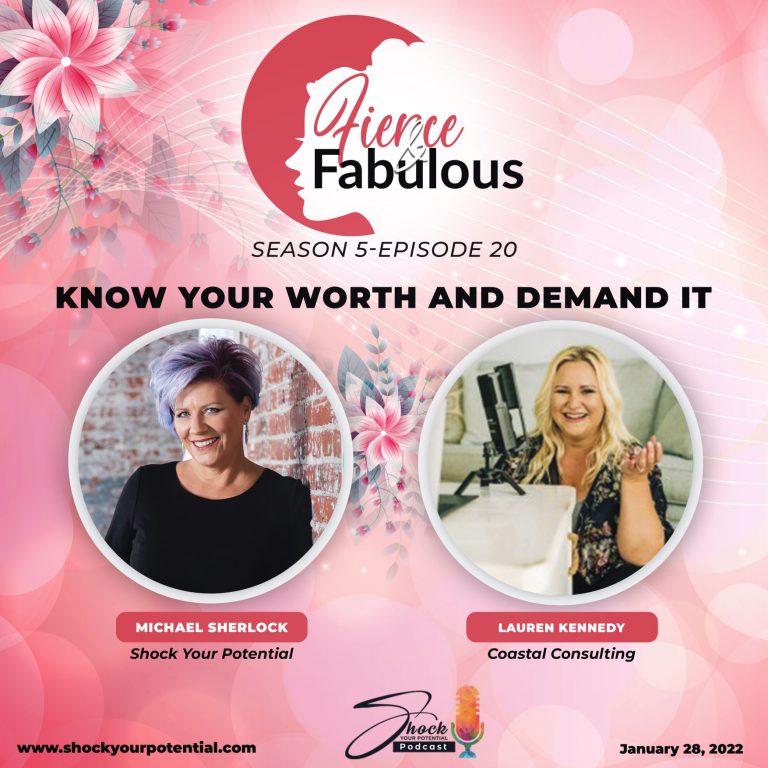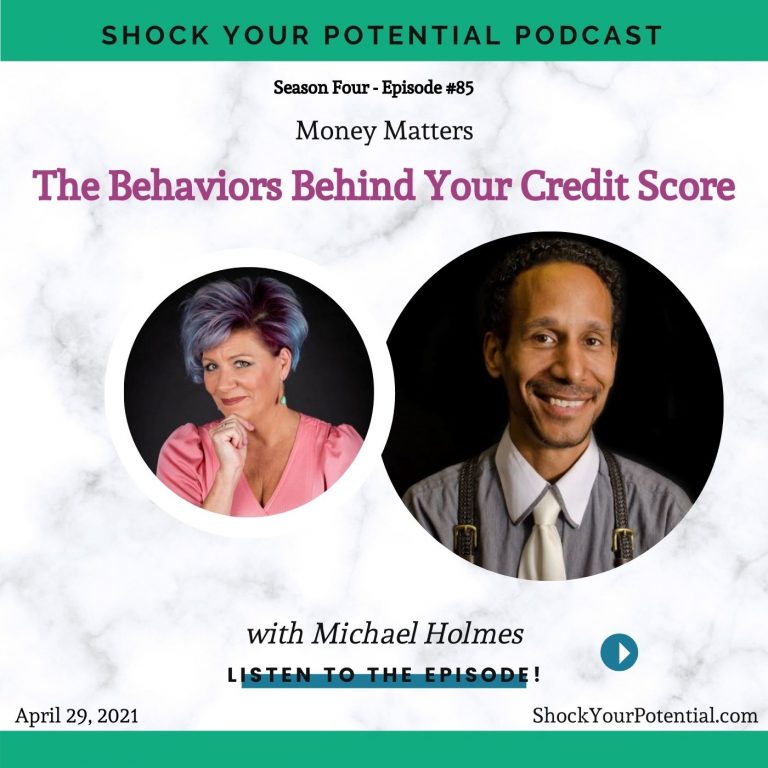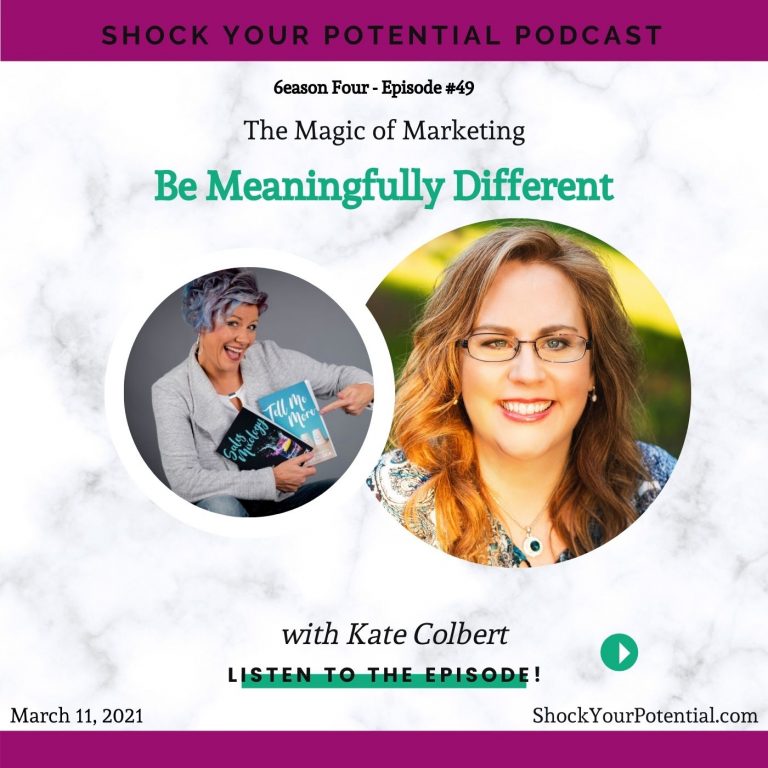“The thing that’s so radical about radical responsibility is that it’s the idea of embracing every circumstance we face in life.” Dr Fleet Muall
The worst turn of events can turn out to be the best thing to happen, which turns someone’s life around to be more useful and meaningful. This is true for our guest today, Dr Fleet Muall, who was able to turn his bad luck of being imprisoned into a journey of growth and transformation. Dr. Fleet attributes this to taking ownership of his actions and working towards being and doing better.
Dr. Fleet Maull, PhD and author, is a renowned growth mindset teacher who delivers his training programs and seminars worldwide, both in-person and online, through Heart Mind Institute. He is a meditation teacher, executive coach, seminar leader and social entrepreneur who works at the intersection of personal and social transformation. Fleet founded the Prison Mindfulness Institute and National Prison Hospice Association, catalyzing two national movements while serving a 14-year mandatory-minimum federal drug sentence, 1985 to 1999.
Dr Maull developed the Radical Responsibility empowerment model that embraces 100 percent ownership for every circumstance we face, free of blaming oneself or others. Fleet is a Roshi (Zen master) in the international Zen Peacemaker Order and Acharya (senior Dharma teacher) in the global Shambhala meditation community. He is the author of Radical Responsibility: How to Move Beyond Blame, Fearlessly Live our Higher Purpose and Become an Unstoppable Force for Good in the World https://amzn.to/3sm7m3M.
In today’s episode, Dr Fleet will discuss the eventful journey that led him to become one of the most renowned teacher and coach. He will also provide insights on practicing mindfulness and why it is important, especially in the current world.
Listen in!
Social media handles:
https://http://www.radicalresponsibilitybook.com/
https://http://www.fleetmaull.com/
https://www.heartmindinstitute.co/
https://www.heartmindinstitute.co/nsm-foundation/
https://www.prisonmindfulness.org/
https://www.mindfulpublicsafety.org/
https://www.engagedmindfulness.org/
https://www.linkedin.com/in/fleetmaull/
https://www.facebook.com/fleetmaull/
https://Twitter.com/FleetMaull/
- I spent 14 years in a maximum security, federal prison on drug charges from 1985 to 1999 and not something I’m proud of at all, especially the activities that got me there. [3:04]
- But I do feel really good about what I did with my time. While I was there, I was fortunate that I had a lot of skills and training and education before I went to prison, which kind of begs the question of why I ended up there. [3:16]
- I earned my way into that federal prison time, but when I got there, it was a huge wake-up call, especially because my son was nine years old at the time, and I realized he was not going to grow up without a dad. [3:45]
- When I went in, I had a master’s degree and a very intense clinical trade three-year clinical training program, and I had been trained as a meditation teacher and a Buddhist teacher for ten years. [4:52]
- I had a strong background, and I was devastated over what I had done to myself and my family, especially my son. [5:06]
- I’ve lived this very disciplined life of a prison monk, getting up at four or five in the morning and practicing intensively. [5:33]
- When I arrived there, I realized that it was an incredibly negative environment and that everyone had their own victim story of one kind or another. [6:24]
- Naturally trying to survive, you tend to armor up with your own story and anger and bitterness. Unfortunately, that prevents us from accessing genuine regret and remorse for any harm we’ve created, which fuels the journey of transformation. [6:57]
- It was really clear to me that I didn’t want to end up coming out of prison broken, angry and bitter, and I didn’t want to live that way when I was in there. [7:11]
- I realized that the only way through and out for me was to embrace 200% responsibility for having got myself in there, what I was going to do with my time there, and what I would be able to create for myself if I was ever able to get beyond the prison journey. [7:22]
- I stepped out of prison and into a career as a management consultant and executive coach, leading turnarounds and transformative change processes in business. [8:32]
- My time in prison trained me how to work with people and how to be skillful under the most challenging situation. [10:45]
- There is a term called a pain paradox in psychology, where our natural instinct is to withdraw from pain. [11:15]
- But we all know through many disciplines, historically, across cultures into modern psychology, and everything that transformations on the other side of pain and that all the joy and transformation and possibilities on life are on the other side of it. [11:27]
- The thing that’s so radical about radical responsibility is that it’s the idea of embracing every circumstance we face in life. [12:00]
- We look at that not to blame ourselves at all, but simply for learning because once I see how it works and how I got from point A to B to C, I can make different choices in the future and get different results. [12:35]
- But then there are also situations and circumstances that we may feel we had nothing to do with, and everyone would agree it just fell out of the sky and landed on our heads, and those things may be incredibly unjust. [12:45]
- For ourselves, at some point, we question whether we are going to let it take us down, but here it is, and so I have to find some creative way to respond to it, transform it and move forward in my life. [13:02]
- Most of us associate things like responsibility and accountability with blame; we’ve all been enculturated into this culture of shame and blame. [14:06]
- It is simply about focusing my energy to do the most good, embracing my capacity for a creative response to life, and doing the best I can with that. [15:03]
- While I was in prison, I just focused on my practice and modelled it in terms of who I was, and people became attracted to it. [15:55]
- At some point early on, I also started corresponding with other prisoners. I realized it was a much bigger thing that I could do, so I started the prison Dharma network, primarily known as the prison mindful Institute. [16:12]
- We have a program called the path of Freedom, a mindfulness-based emotional intelligence training program for prisoners in 21 states in seven countries. [16:37]
- We have got involved in the whole criminal justice and public safety system that all grew out of being in a prison cell and saying, “What can I do to transform myself and to bring value to the world?” [17:18]
- I also have my whole for-profit business, where I am putting out summits and offering lots of online courses and online challenges that are basically in the realm of integration of mindset and so forth. [17:39]
- Growing up, nobody taught us anything about how to navigate the most complex system in the known universe: the human brain and nervous system. We didn’t get much training on how to communicate with others. [18:42]
- My mindfulness and emotional intelligence training, all these things, are just kind of the basic toolkit for life. [18:55]
- Commercial break. [19:09]
- We have something called the autonomic nervous system that operates almost the whole of the human body, the human brain and the nervous system, and it has two branches. [21:01]
- The sympathetic branch upregulates and is about alertness, distress, and fighter flight, and the parasympathetic branch downregulates and is about relaxation, rest and recovery. [21:13]
- The problem is in the modern life, most of us have way too much sympathetic activation, and that’s called stress. [21:36]
- Over time, that’s the source of all the chronic stress-related illnesses, which diminishes the quality of life altogether. [22:06]
- A simple skill that you can learn is called strong breathing because our autonomic nervous system are connected with the breath. [22:21]
- When we breathe in, there’s a slight sympathetic activation when we breathe out slight parasympathetic activation. [22:34]
- Straw breathing can be a lifesaver, and it is so simple anyone can learn it. You breathe into the nose with your mouth close, and then you breathe out through pursed lips. [23:06]
- One more thing that people can easily add to is 478 breathing, where you breathe in that fourth count, hold for seven counts, and then breathe out for the eighth count. [26:03]
- This idea of radical responsibility is not new, it has been around for a long time. [30:27]
- Marcus Aurelius said that most people feel their circumstances determine their destiny, but our response to those circumstances determines our destiny and even being able to respond to circumstances rather than being in just our condition reactivity. [30:32]
- Most of us walk around thinking we’re autonomous, but we’re highly mechanical, and so we need to embrace some practices to become more wakeful and more present. [31:04]
- Learning something like mindfulness and then embracing this idea of living our lives more in the driver’s seat of our own life will transform any circumstance. [31:30]
- Regardless of the situation, looking for what I can do put you right back in the mind of solution-based thinking, and there is always a million different things we could do. [31:40]
…..….……………………
Thank you to our January sponsor! KukuaBiz can provide dedicated and affordable talent from Kenya to help you grow and scale your business. Virtual employees are skilled in administrative functions, sales, podcast management, video editing, marketing, social media marketing, website design and management, and more.
Learn more: https://www.kukuabiz.com
